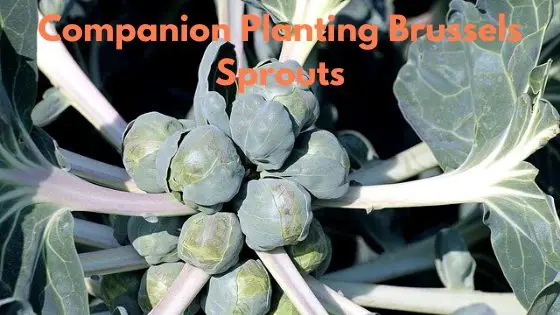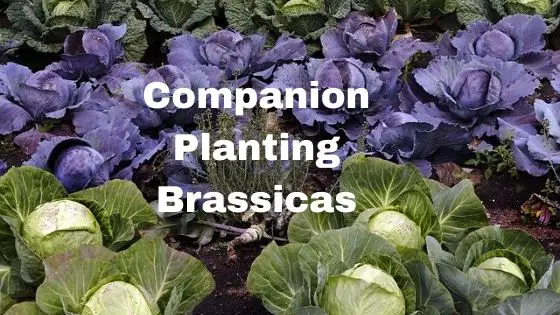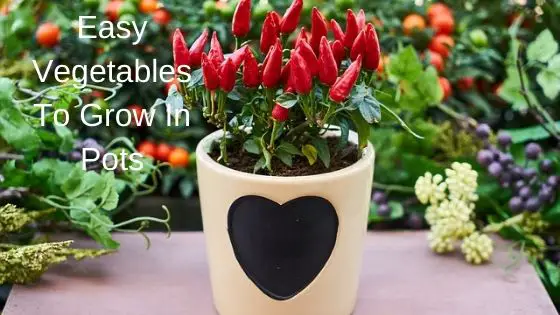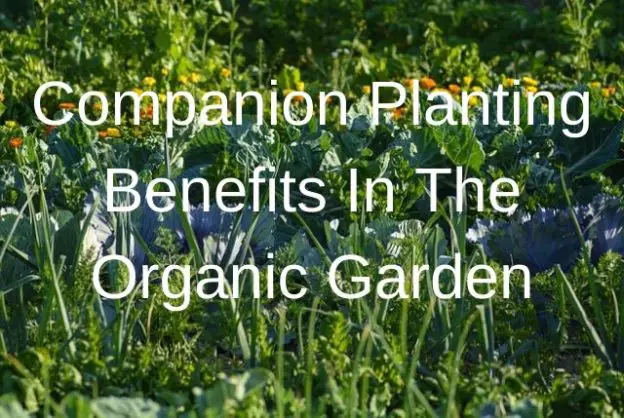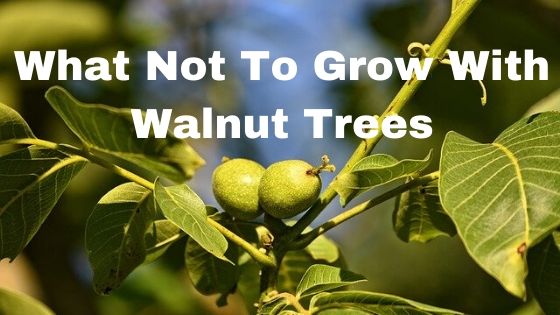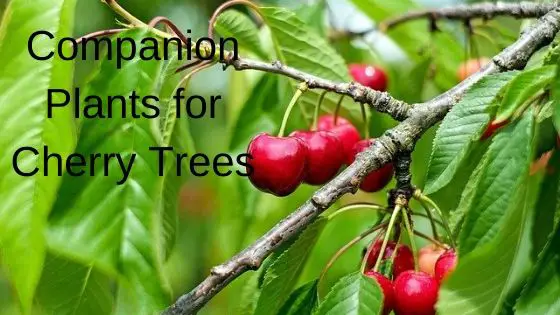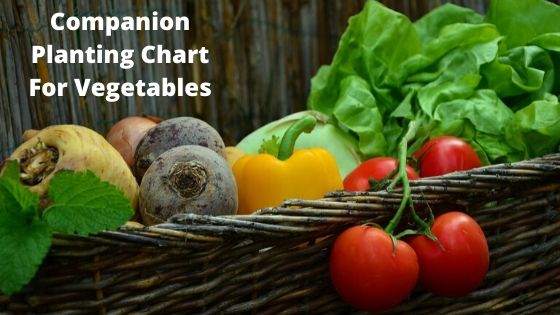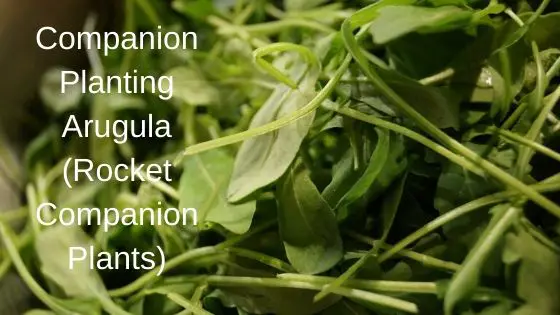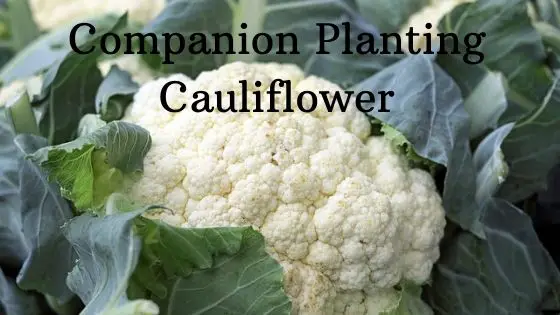Companion Planting Cucumbers
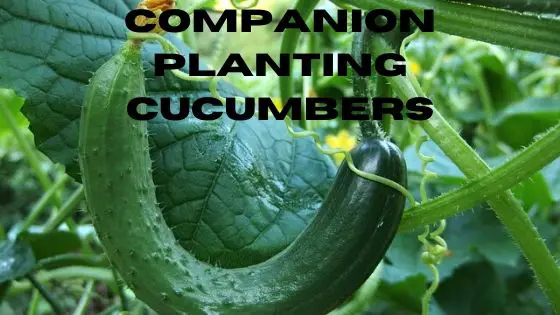
There are not many plants that don’t benefit from companion planting, which is another way of saying inter cropping. By companion planting cucumbers you will get less plant damage, healthier plants, and heavier crops. How Does Companion Planting Cucumbers Work? In some cases companion planting works by saving space, growing two or more plants that have the same requirements allows them all to grow successfully. Some plants will deter pests away from your cucumber plants, and some will attract beneficial pollinators. Whilst others will actually improve the health of your plants. Companion Planting Cucumbers Let’s get started with the good… → Read More

